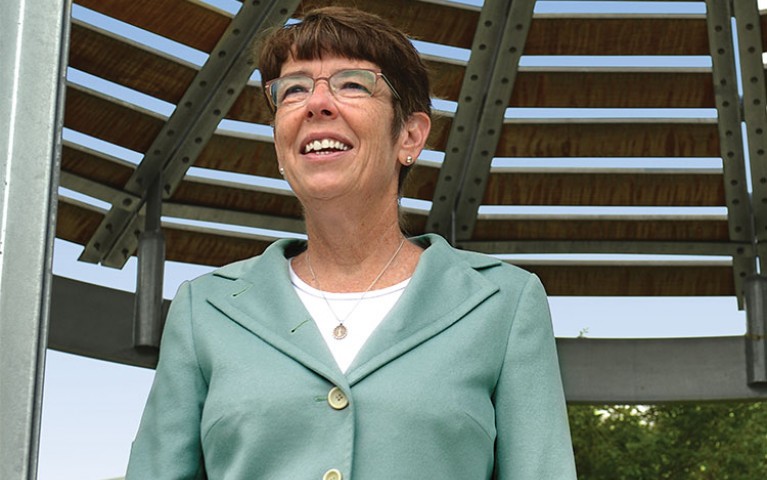Roots and Branches: Reflections from Sister Mary

This story originally appeared in our winter edition of News from HOME.
There are events in our lives which shape us in significant ways. One such event was held in Philadelphia in 1976 – the International Eucharistic Congress, a global gathering of Catholics that brought millions of visitors to the City. As a student at St. Joseph’s University, I worked on a committee to host the second day, which was focused on “Hunger for Bread.” The speakers that day included Mother Teresa; Dorothy Day, the co-founder of the Catholic Worker Movement; Dom Helder Camara, Archbishop of Recife; and Pedro Arrupe, head of the Jesuit order. Each one shared their reflections on responding to world hunger and building justice.
It was a truly unforgettable and formative experience. These were among the Church’s and the world’s most passionate and prophetic voices for justice, compassion, and liberation. However, perhaps even more formative was what led up to that magical day. As college students, we had served meals at St. John’s Hospice, did a service learning project in Appalachia, and helped to paint and clean a building at 12th and Sansom Streets above the Ugly Pub which was soon to become Mercy Hospice. Mercy Hospice was dedicated to a new homeless population of women, many of whom were deinstitutionalized from Byberry, who were now living on the streets of Center City. The lives of the homeless men, women, and children we encountered in these places were prophetic, and indicated that our society was radically headed in the wrong direction.
Much has changed since those days. In many ways, all that has been accomplished in the past 25 years at Project HOME grew out of seeds planted during that Congress – as well as the seeds planted in those early relationships with the men, women, and children experiencing homelessness.
I think of this as we anticipate Pope Francis’ visit to Philadelphia in September. In my work with the World Meeting of Families’ Hunger and Homelessness Committee (which also includes Anne Ayella, director of the Archdiocese’s Nutritional Development Services, who was also part of our St. Joseph’s group at the 1976 Congress), we talk about a “legacy.” We believe the Pope’s visit can be a transformational moment for our city as we face new challenges, including youth with special needs and veterans on the streets. Hunger and poverty touch the lives of an increasing number of people in Philadelphia and beyond.
What legacy can we help create? What seeds can we plant in this year that can bear new fruit of compassion and justice? We are eager to work with all of you to discover the answers.
Visit us here for more on the Pope's visit.